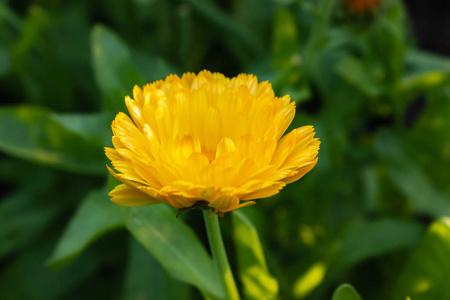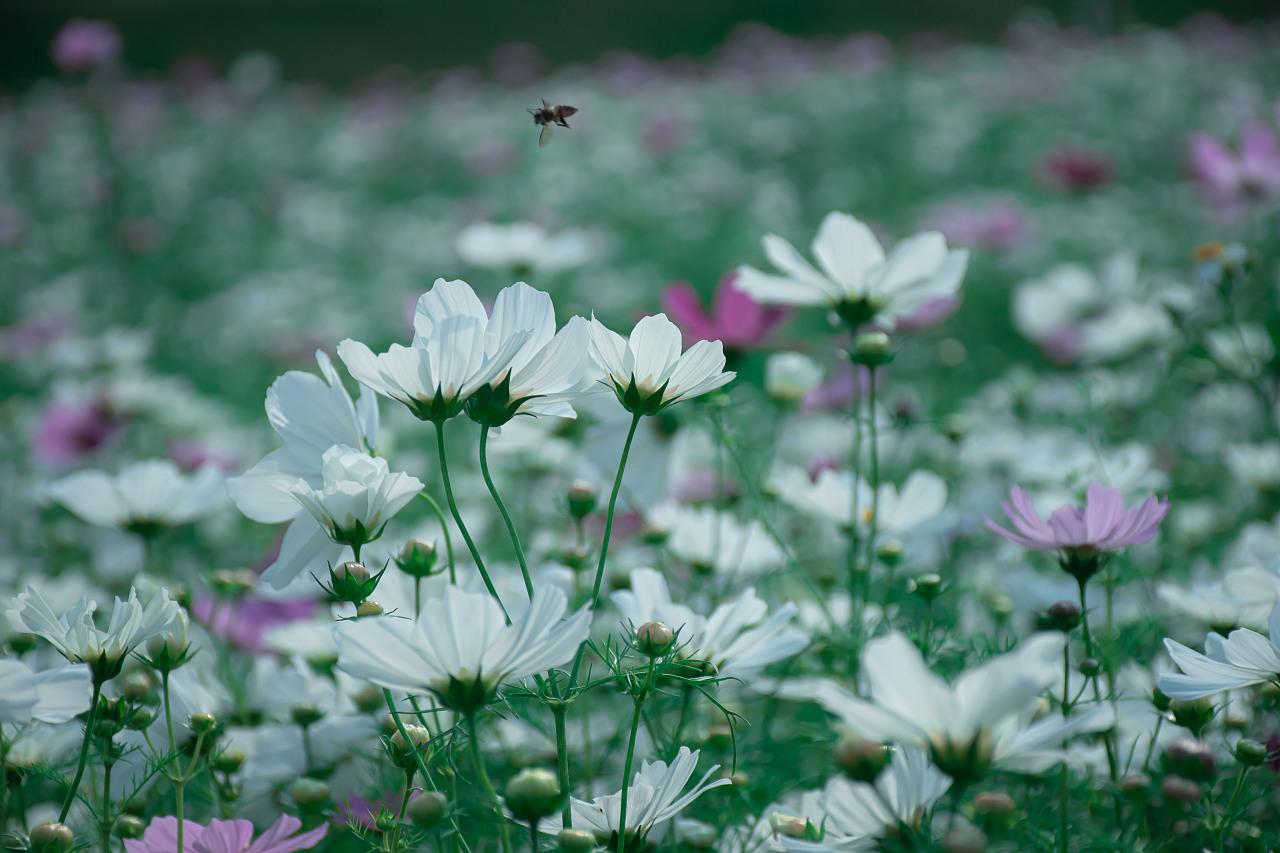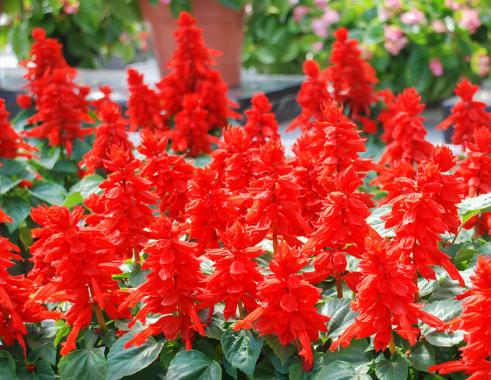The story of Byblidaceae is quite interesting. It is a family of carnivorous plants that capture insects using sticky mucilage secretions. The name Byblis comes from the Greek word for “bubble,” referring to the glandular hairs that appear like small bubbles on the leaves. These plants are native to Australia and have a unique way of capturing their prey by enticing them with sweet nectar secretions. As insects try to feed on the nectar, they get trapped in the sticky mucilage and eventually become prey. Despite their carnivorous nature, these plants also have beautiful flowers and are a favorite among plant enthusiasts.
Picture
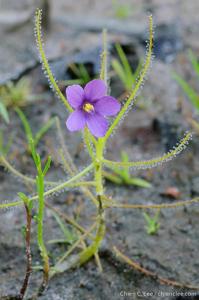
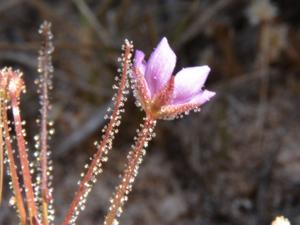
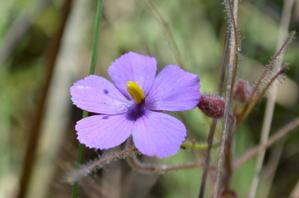
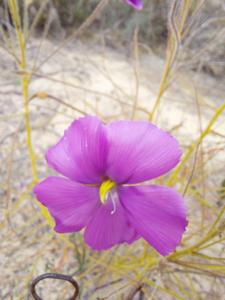
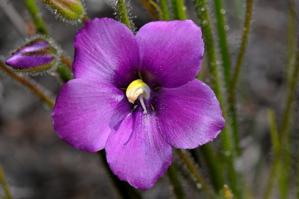
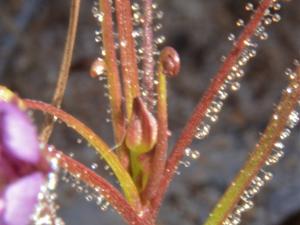
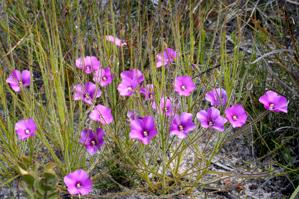
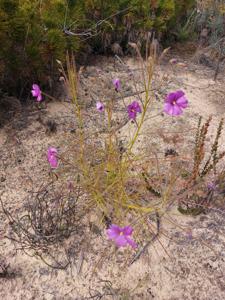
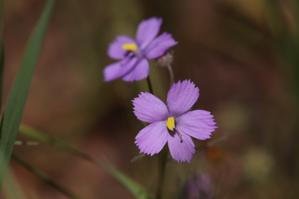
Plant some seeds now!
Multi-Colored Bachelor’s Button
Short Description
Byblis (/ˈbɪblɪs/ BIB-liss) is a small genus of carnivorous plants, sometimes termed the rainbow plants for the attractive appearance of their mucilage-covered leaves in bright sunshine. Native to Australia and New Guinea, it is the only genus in the family Byblidaceae. The first species in the genus was described by the English botanist Richard Anthony Salisbury in 1808. Eight species are now recognised (see below).
Byblis species look very similar to Drosera and Drosophyllum, but are distinguished by their zygomorphic flowers, with five curved stamens off to one side of the pistil. These genera are in fact not closely related; modern classifications place Byblis in the Lamiales, while the sundews and Drosophyllum are now placed in the Caryophyllales.

